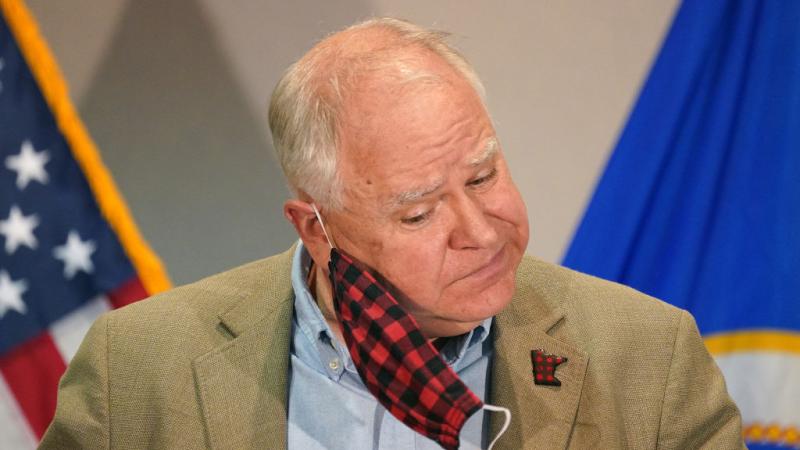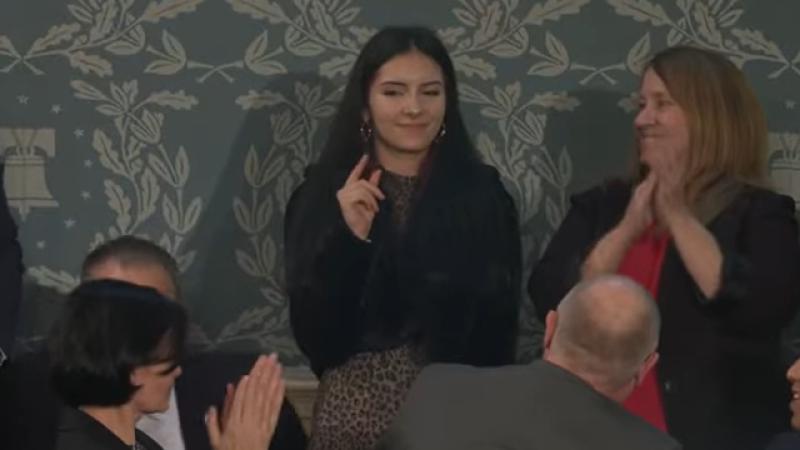EPA allots $2.5M to study whether fireworks contaminate groundwater despite previous safety sign-off
Research will determine if additional "management options" are needed to oversee fireworks use after agency determination in March that no regulation was needed.
The Golden Horseshoe is a weekly designation from Just The News intended to highlight egregious examples of wasteful taxpayer spending by the government. The award is named for the horseshoe-shaped toilet seats for military airplanes that cost the Pentagon a whopping $640 each back in the 1980s.
This week's Golden Horseshoe is awarded to the Environmental Protection Agency for allocating $2.5 million to study whether fireworks are contaminating drinking water sources despite concluding in March that it was unnecessary to regulate them.
"Ensuring clean and safe drinking water is important for protecting human health and the environment," begins a description of the grant opportunity posted on July 29. "While perchlorate comes from multiple sources, higher concentrations come from its use as an oxidizer in rocket propulsion systems, explosives, road flares, and fireworks. Fireworks, when used around surface and groundwater sources, have the capacity to contaminate surface and groundwater used as drinking water sources."
While past research has investigated water contamination from fireworks, according to the EPA, "there are gaps in understanding the magnitude and extent of perchlorate contamination before and after fireworks discharge around drinking water sources."
The notice for this grant ("Assessing Perchlorate Occurrence in Ambient Waters Following the Usage of Fireworks") was posted just months after an EPA announcement in March that it had completed a review from July 2020 and that it would "not regulate perchlorate in drinking water."
Findings from this new study, however, could result in tightened regulation of fireworks. "This research will provide states and utilities with a better scientific understanding of the behavior of perchlorate after fireworks events to ultimately provide them with information and a construct as to whether management options are needed," the EPA explains in the grant notice.
In the grant's accompanying documents, the EPA acknowledges it previously determined perchlorate did not "meet the criteria for regulation under the Safe Drinking Water Act." Citing the EPA's own determination in 2020 and an additional study in 2019, the agency also noted that perchlorate concentrations in "treated drinking water have decreased significantly."
Despite the mixed messages from the EPA about fireworks and environmental safety — and a long, cherished history of patriotic pyrotechnic displays in this country — taxpayers are now on the hook for $2.5 million to study potential water contamination from fireworks — again.
The closing date for applicants to apply for the grant is Sept. 14.
"EPA would not have knowledge of plans for future regulatory action by states, and that is not the intended purpose" of the grant, the agency said told Just the News.
"Since effective perchlorate treatment options are complex and expensive," the EPA said in a statement, "the RFA aims to provide a better understanding of the relationship between fireworks usage and perchlorate levels in water bodies used as drinking water sources to determine whether treatment is truly needed for a range of possible contamination events."
















